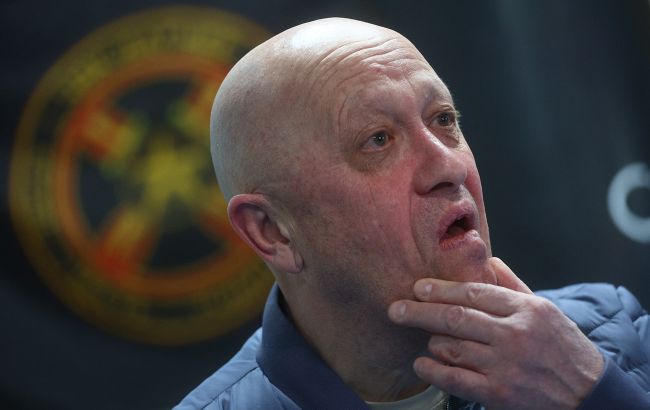Why Prigozhin's uprising fails: two versions by The Telegraph
 Yevgeny Prigozhin (Photo: Getty Images)
Yevgeny Prigozhin (Photo: Getty Images)
According to The Telegraph, Russian special services threatened the families of Wagner Group leaders before Yevgeny Prigozhin called off his advance on Moscow.
It was also estimated that the mercenaries numbered only 8,000 fighters, not the claimed 25,000, and likely would have suffered defeat in their attempt to capture the Russian capital, as stated in the publication.
According to the information shared with The Telegraph, Vladimir Putin will now try to assimilate the Wagner Group soldiers into the Russian army and remove its former leaders.
"The analysis offers clues into the mystery of why Prigozhin, the Wagner Group leader, called off his mutinous march on Moscow on Saturday just hours before reaching the capital," the article states.
There are speculations about what formal agreement was made, if any. The Kremlin announced on Saturday that Prigozhin would travel to Belarus in exchange for amnesty on charges of treason.
No comments have been received from Prigozhin regarding this proposal. It also remains unclear whether Russia's Defense Minister, Sergei Shoigu, will be demoted or dismissed, as demanded by Prigozhin.
Prigozhin's uprising
The leader of the Wagner mercenaries, Yevgeny Prigozhin, initiated a military coup on the evening of June 23. The Wagner group essentially captured Rostov-on-Don and Voronezh without resistance. The Wagner columns stopped approximately 200 km short of Moscow, but on the evening of June 24, Prigozhin announced that he was discontinuing the march on Moscow.
Later, it became known that Prigozhin would be sent to Belarus, closing the criminal cases against him for the coup.
The Russian military agency released footage on the morning of June 26 showing Minister Sergei Shoigu, whose resignation Prigozhin demanded.

